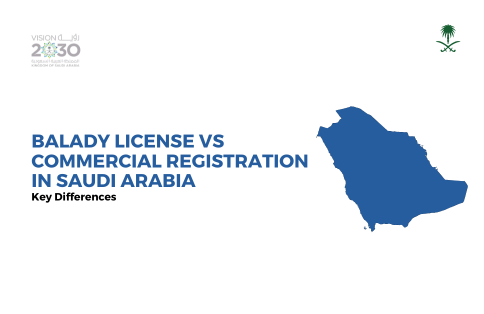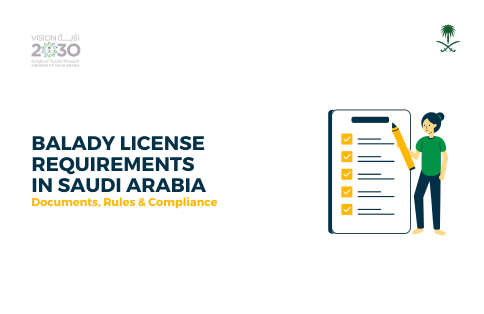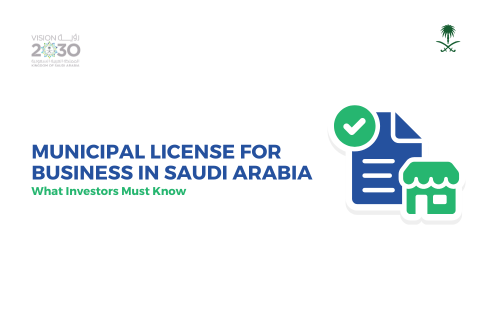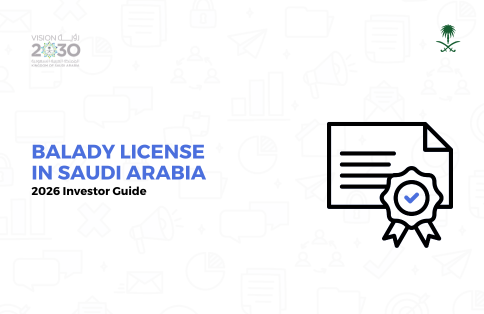Saudi Arabia recently introduced a set of updated rules and regulations concerning visa stamping, especially affecting nationals from specific countries. These changes are aimed at improving security, simplifying procedures, and preventing misuse of visas. It’s crucial for businesses, travelers, and expatriates to stay informed to avoid delays or rejections.
Key Changes Under the New Saudi Visa Stamping Rules
1. Limitation to Single-Entry Visas for 14 Countries
As of February 1, 2025, visitors from the following 14 countries are no longer eligible for multiple-entry visas for tourism, business, or family visits: Algeria, Bangladesh, Egypt, Ethiopia, India, Indonesia, Iraq, Jordan, Morocco, Nigeria, Pakistan, Sudan, Tunisia, Yemen.
- Only single-entry visas valid for 30 days are being issued to nationals of these countries under these visa types.
2. Changes in Business Visit Visa (BVV) Regulations
- Invitation letters for Business Visit Visas will no longer specify the number of days or frequency of travel. Instead, these details validity of the visa, number of entries, and duration of stay will be determined during visa processing at the Saudi Embassy.
3. Digitalization of Visa Stamping: e-Visa & QR Code Implementation
- Traditional physical stickers (visa stamps) in passports are being phased out for many visa types for nationals of certain countries. Instead, visas will be issued digitally (e-visas) with QR codes that contain all relevant personal and sponsorship information.
4. New Rules for Temporary Work Visas (TWVs)
- The regulations require submission of a signed employment contract with the Saudi employer and proof of medical insurance as mandatory documents. Some flexibility in number of entries is provided but is more regulated. The allowed stay period and extensions are more strictly defined.
5. Grace Periods & Exit-Rules
- Holders of expired visit visas now have 30 days to exit Saudi Arabia without penalty. This grace period allows individuals who overstayed due to various reasons to leave legally without accruing fines.
Implications for Businesses & Individuals
- Planning & Timing
Single-entry restriction and ambiguity in duration/entry count at application mean you must plan travel and documentation more carefully.
- Document-Ready
Ensure that employment contracts, sponsor documents, medical insurance, and other supporting documents match the new requirements before applying.
- Digital Tools Use
With e-visa and QR code systems, ensure your digital submission is correct, and retain digital confirmations.
- Avoid Overstays
The 30-day grace period helps, but staying beyond that still leads to penalties. It’s safer to exit or renew promptly.
- Business Visas
Especially for firms working across borders or with frequent travel, the vagueness in “number of entries” means you may not know exact permissions until stamping is completed.
Why J K ?
- Consult our visa advisory team before scheduling any travel or planning hires from affected countries.
- Cross-check embassy requirements specific to your nationality; rules vary by country.
- Use trusted visa processing or legal consultancy firms to avoid rejections or delays.
- Keep updated: these rules are relatively recent and may evolve; stay informed via official Saudi government portals and our updates at J K Management Consultancies.
Final Thoughts
The New Saudi Visa Stamping Rules 2025 mark a significant shift in how visas are granted, stamped, and regulated especially for nationals from 14 countries. While these rules tighten control, they also push toward digitalization and clearer processes. For those affected, early preparation, correct documentation, and staying current with official regulations are essential to navigate the updated system smoothly.
Planning your trip to Saudi Arabia? Get your visa stamped hassle-free with J K Management Consultancies




















